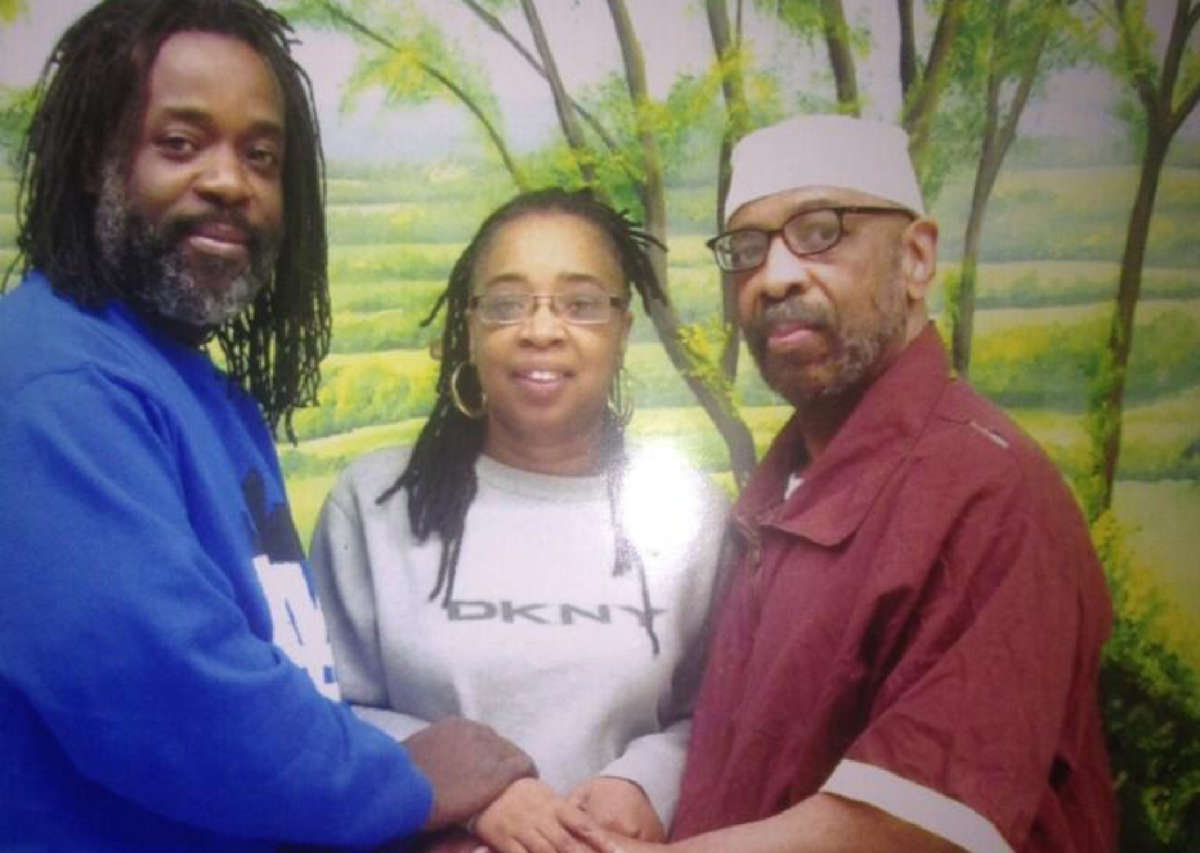from Truthout

Russell “Maroon” Shoatz, the Black liberationist long respected as a political prisoner and freedom fighter by friends and supporters, was granted a medical transfer on Monday to leave a Pennsylvania prison for treatment and hospice after five decades of imprisonment.
A former member of the Black Panther Party and a soldier in the Black Liberation Army, Shoatz organized inside prisons for decades to abolish life sentences without parole, inspiring activists and attorneys to take up the cause.
The Pennsylvania Supreme Court is now considering whether a legal challenge to the state’s practice of denying parole hearings to people serving life sentences for certain second-degree murder convictions can proceed. All life sentences in Pennsylvania excluded the possibility of parole, and the state has the highest per-capita rate of people serving life sentences in the nation and the world, according to the Center for Constitutional Rights.
The 78-year-old Shoatz, who remains highly influential within the Black liberation and prison abolition movements, is reportedly terminally ill after being diagnosed with cancer. In social media posts, activists and family members who spent years fighting for his release celebrated on Monday after a judge in Philadelphia agreed to transfer Shoatz from a prison to a hospital.
In 2014, Shoatz was released from solitary confinement after spending 22 consecutive years in “the hole” and later won a $99,000 legal settlement. Supporters say the solitary confinement amounted to retaliation against Shoatz’s efforts to organize other “lifers” and abolish what activists now call “death by incarceration,” or life sentences without the possibility of parole.
Shoatz, who is considered both a political prisoner and prisoner of war by supporters, was convicted of first-degree murder and sentenced to life in prison after a 1970 attack on a Philadelphia police station.
As they are today, tensions over racist police violence were running high in Philadelphia during the summer of 1970, when Police Chief Frank Rizzo ordered a crackdown on Black liberation groups ahead a national convention of the Black Panther Party. Anger boiled over after police once again killed an unarmed Black youth, and police were attacked in retaliation, leaving one officer injured and another dead. The attack prompted a raid on the Black Panther headquarters and the arrest of multiple activists.
Shoatz went underground but was arrested and convicted of murder two years later; supporters have said he was falsely accused. Shoatz escaped prison with other Black liberationists twice before being hunted by authorities and captured again. The liberationists were called the New African Political Prisoners of War.
Shoatz spent much of his life resisting solitary confinement, inspiring activists in the free world and working for the liberation of people sentenced to die in prison. Shoatz’s supporters say he is now free to rejoin his family during the final stage of his life.